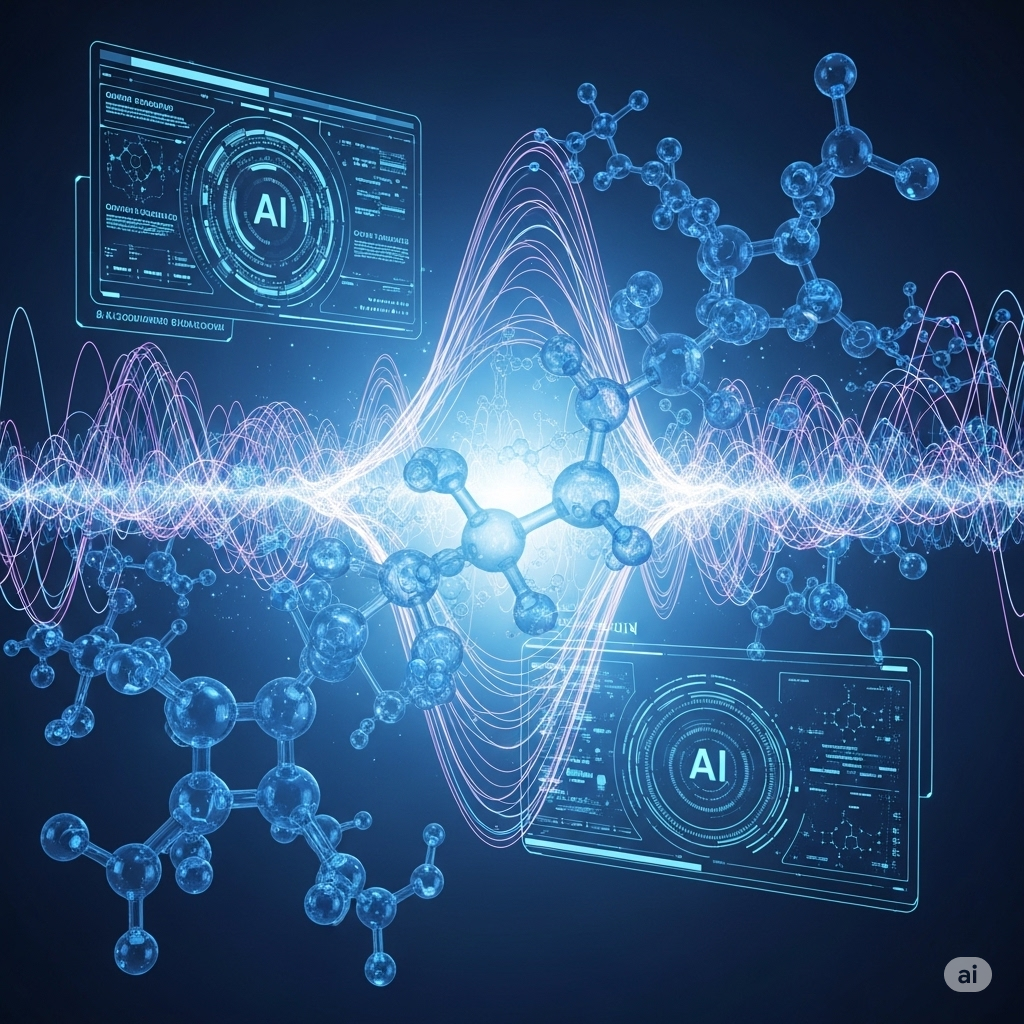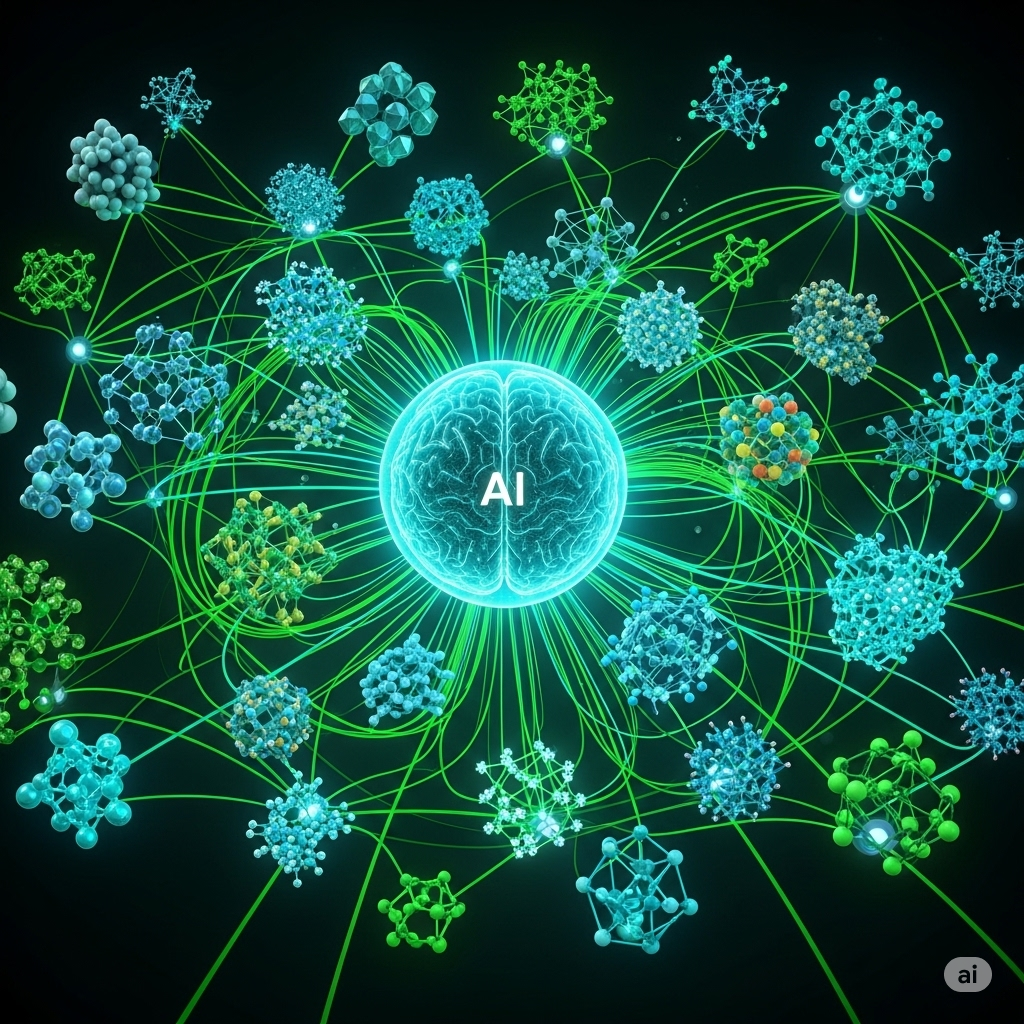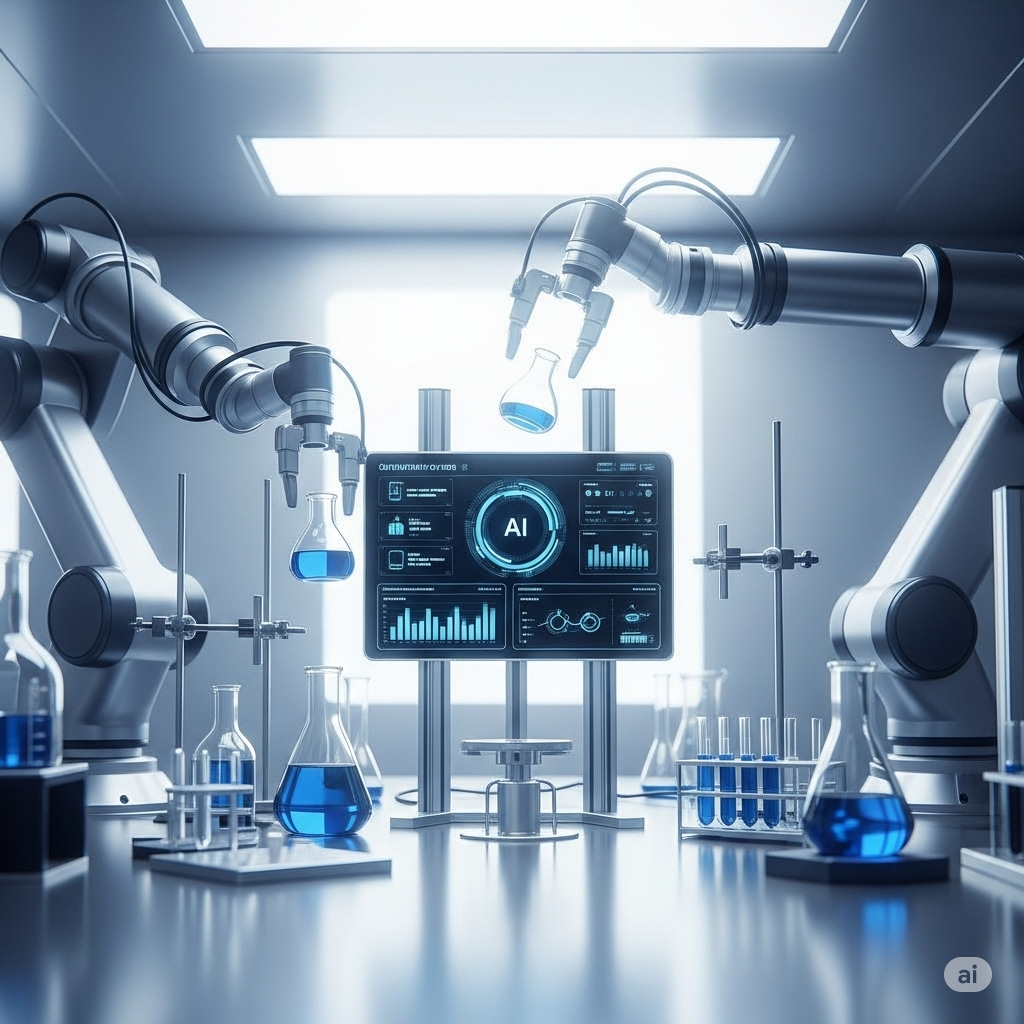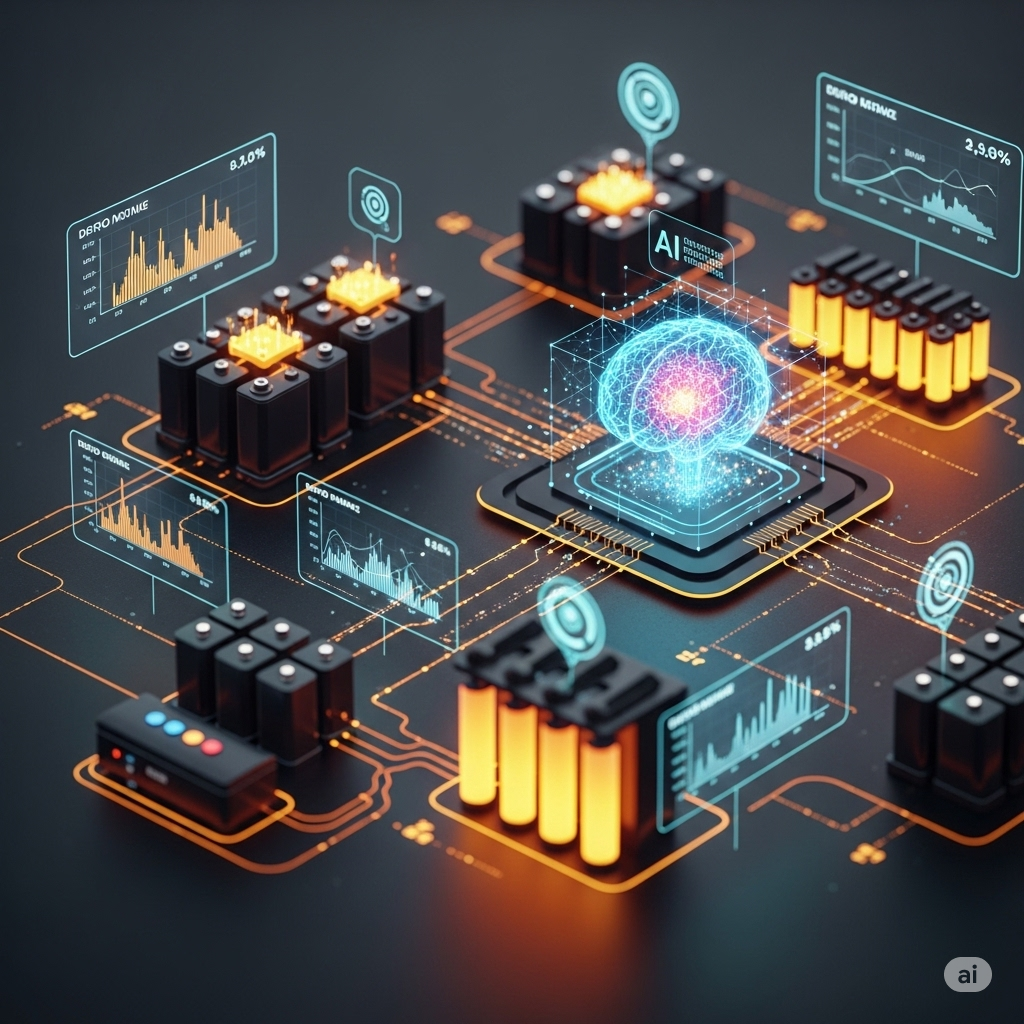Our mission

Accelerating Quantum Chemistry
Motivation
Quantum chemistry provides the fundamental understanding of materials behavior, which is crucial for designing new drugs, catalysts, and energy materials. However, traditional quantum chemical calculations are computationally expensive, limiting their application to relatively small systems or short timescales. Accelerating these calculations through innovative computational methods, particularly those leveraging artificial intelligence, can unlock new frontiers in chemical and materials science, enabling faster discovery and more accurate predictions.
Research Focus
My work in this area centers on developing and applying novel machine learning techniques to significantly reduce the computational cost of quantum chemistry without sacrificing accuracy. This includes:
- Developing deep learning models for accurate prediction of material properties.
- Integrating advanced computational tools to understand reaction mechanisms and design novel energy systems.

Data-driven Materials Discovery
Motivation
The traditional trial-and-error approach to materials discovery is often slow, expensive, and inefficient. The advent of big data, coupled with advances in machine learning and AI, offers a paradigm shift towards data-driven approaches. By systematically analyzing vast amounts of materials data, we can identify hidden patterns, predict properties of new materials, and significantly accelerate the design and synthesis of materials with desired functionalities for applications ranging from energy storage to catalysis and beyond.
Research Focus
I am focused on pioneering the use of AI, including large language models and advanced machine learning algorithms, to revolutionize the materials discovery pipeline. Key aspects of my research include:
- Developing multimodal deep learning frameworks that can learn from diverse data sources, including text (scientific literature) and structural data (crystal graphs), to build comprehensive materials knowledge bases.
- Applying these data-driven techniques to efficiently explore chemical space and identify promising candidates for CO2 capture and conversion, and advancing renewable energy technologies like solar cells.

Autonomous Lab
Motivation
The integration of robotics, artificial intelligence, and high-throughput experimentation is leading to the concept of the "Autonomous Lab" or "Self-Driving Laboratory." These systems can design experiments, execute them, analyze results, and decide on the next steps iteratively and with minimal human intervention. This approach promises to dramatically accelerate the pace of scientific discovery, particularly in materials science and chemistry, by enabling rapid exploration of vast parameter spaces.
Research Focus
My research aims to contribute to the development and application of autonomous labs by focusing on the "brains" of these systems – the AI and machine learning algorithms that drive decision-making and hypothesis generation. This involves:
- Developing AI agents capable of learning from experimental data in real-time to optimize synthesis conditions and discover materials with targeted properties.
- Investigating the use of machine learning in understanding and optimizing material synthesis processes.
- Integrating AI-driven hypothesis generation with robotic platforms to create closed-loop discovery systems.

Intelligent Energy Systems & Diagnostics
Motivation
The global transition towards sustainable energy sources necessitates advanced energy storage and conversion technologies, such as batteries and fuel cells. Optimizing the performance, extending the lifespan, and ensuring the reliability of these systems are critical challenges. Intelligent systems, powered by AI and machine learning, can analyze complex operational data to enable real-time optimization, early fault detection, and predictive maintenance, thereby enhancing the efficiency and durability of energy technologies.
Research Focus
My research in this domain is dedicated to applying data science and AI methodologies to improve the operational intelligence and health management of energy systems. This includes:
- Developing machine learning models for the real-time optimization of fuel cell operating conditions to maximize efficiency and durability.
- Utilizing time-series data analysis and machine learning for early fault detection and Remaining Useful Life (RUL) prediction in batteries, contributing to safer and more reliable energy storage.
